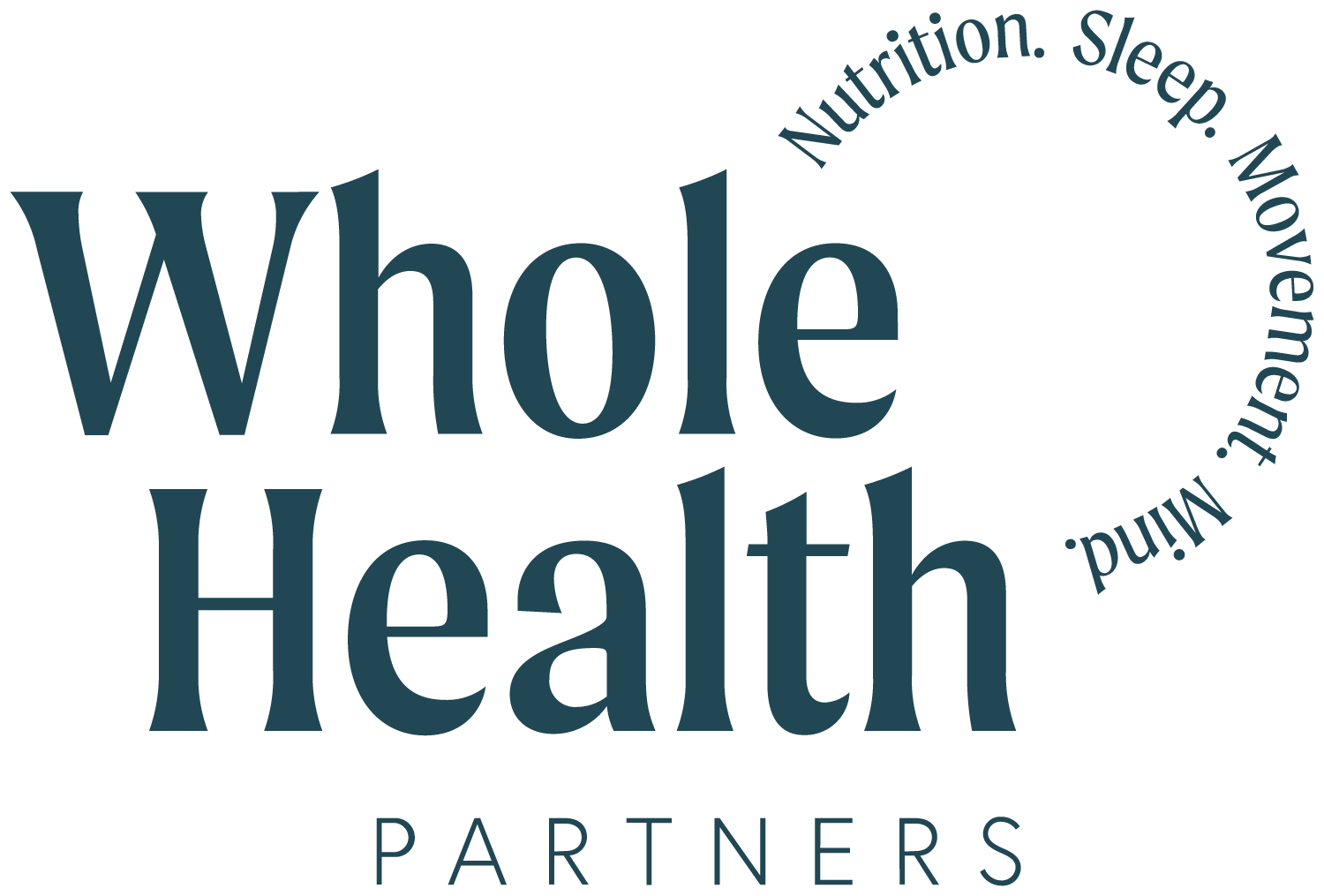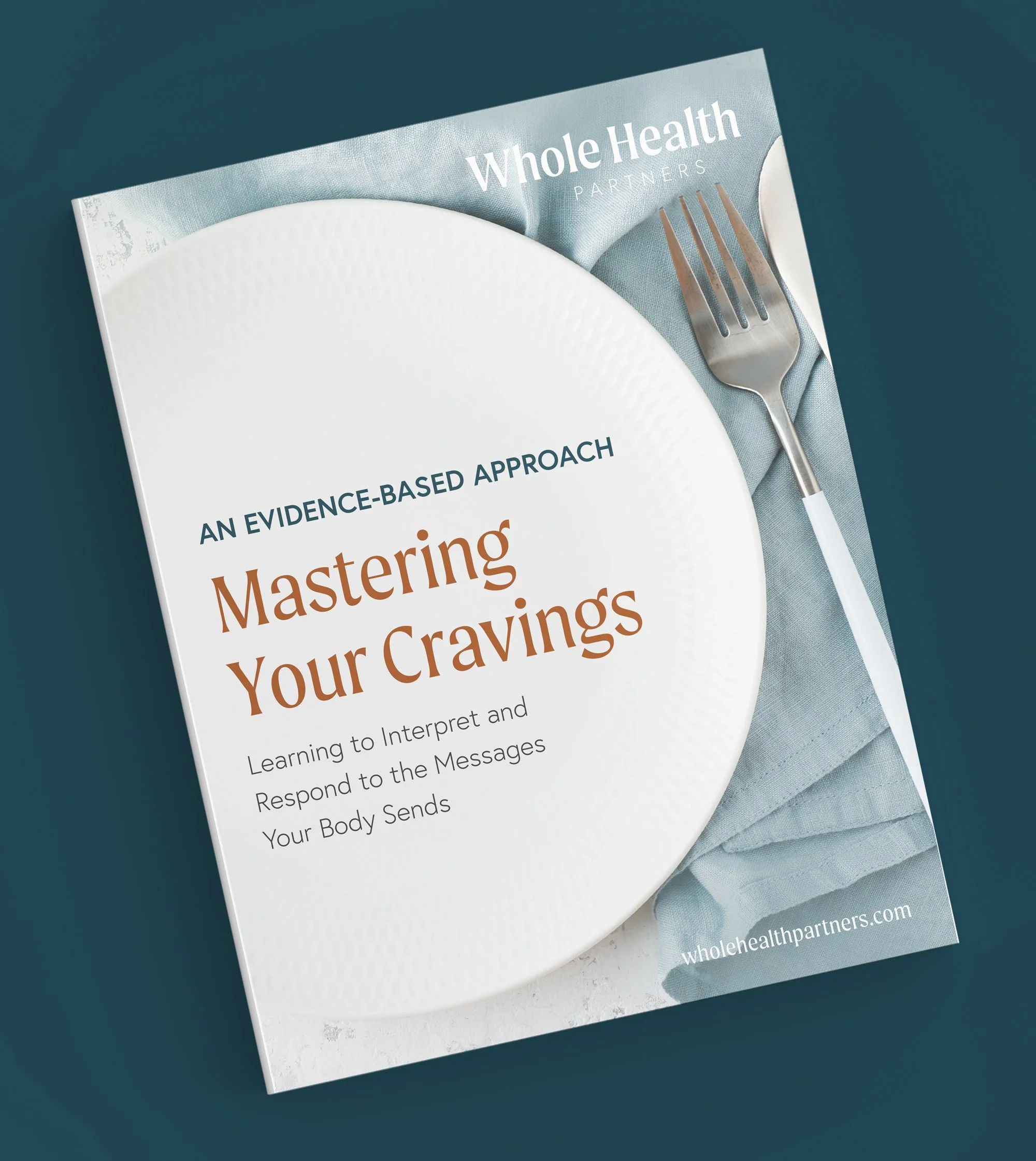Whole Health Partners’ Blog

Can You Reverse Type 2 Diabetes? Insights from a Nutritionist
Feel empowered to manage & even reverse Type 2 diabetes with advice on sustainable, natural, doable lifestyle changes.

Can Alcohol Cause Diabetes? Understanding the Connection
Understand how alcohol affects blood sugar, diabetes risk, weight gain & insulin resistance. Stay informed & take control of your health.

Your 7-Day Meal Plan for Prediabetes
Take control of your health with our 7-day prediabetes meal plan, designed to improve blood sugar management & prevent type 2 diabetes.

How to Lower Cholesterol Without Statins: Exercise and Weight Management
Discover practical tips, lifestyle changes & natural solutions to lower cholesterol levels, improve heart health & manage blood cholesterol confidently.

How to Lower Cholesterol Without Statins: Dietary Adjustments
Discover practical tips, lifestyle changes & natural solutions to lower cholesterol levels, improve heart health & manage blood cholesterol confidently.

Tackling Perimenopause Weight Gain: Tips for Staying Fit
Discover expert tips and strategies to manage perimenopause weight gain. Learn how hormonal changes impact your body and empower yourself with sustainable lifestyle solutions.

What to Eat on Ozempic: A Guide to Supporting Your Weight Loss Journey
Discover how Ozempic, combined with personalized lifestyle changes, can help you achieve sustainable weight loss.

Practical Ways to Boost Your Energy: 4 Areas of Focus
Learn how to get more energy naturally with expert tips on healthy eating, exercise & mindful habits. Discover actionable advice for lasting vitality.

Managing the Stages of Menopause: From Perimenopause to Postmenopause
Discover personalized solutions for all the stages of menopause. Learn how to manage symptoms, improve quality of life & feel empowered through every stage.

Lower A1C Naturally: A Guide to Managing Blood Sugar Without Medication
If you're concerned about your blood sugar levels, you're not alone. Many of our patients come to us seeking lifestyle changes to manage their A1C levels without relying on diabetes medication. While medications and supplements certainly have their place in diabetes management, we've seen remarkable results through lifestyle modifications alone (side effects not included!).
FREE GUIDE
Mastering Your Cravings
In our guide, Mastering Your Cravings, you'll learn to interpret and respond to the messages your body sends – an evidence-based approach designed to kick off your health journey.



![Grab the Free Guide Small habits — when incorporated into your daily routine — can lead to bigger, more transformative changes. {{ include_custom_fonts({"Europa":["Light"]}) }}](https://hubspot-no-cache-na2-prod.s3.amazonaws.com/cta/default/242535189/interactive-218608809718.png)